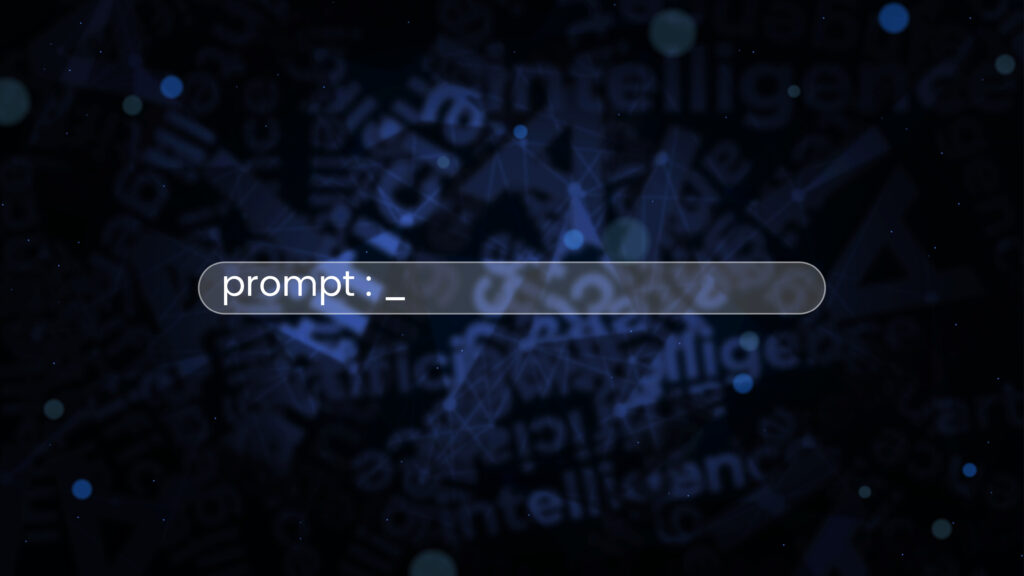AI and engineering: collaborative progress, not replacement
Artificial intelligence (AI) has been at the forefront of technological breakthroughs, sparking debates on its influence across various sectors. The engineering domain, in particular, faces speculation about AI’s potential to displace specialized professionals.
Demystifying AI’s progress
The rise of sophisticated AI applications, such as ChatGPT, has stirred the industry, prompting a reassessment of AI’s trajectory. However, unexpected winding down of notable AI ventures like Deepmind in November suggests a recalibration of our expectations. Despite the hype surrounding tools like ChatGPT, it’s essential to recognize AI’s ongoing maturation, akin to the early days of Web3.
The current trend is a pivot towards pragmatic, ROI-centric solutions, which may challenge AI’s integration in areas where its financial benefits are yet to be proven. Nonetheless, the market’s appetite for AI expertise remains unsatiated, ensuring that AI professionals continue to lend their skills to various ventures, irrespective of project realignment.
Envisioning AI as a complementary force in engineering
AI tools, including ChatGPT, are conceived not as replacements but as enhancements to the engineer’s toolkit. These innovations are poised to revolutionize numerous fields, from software development to creative arts and journalism, by augmenting human capacity, not usurping it.

In our own operations, we’ve observed staff leveraging AI to streamline workflows, bolstering both productivity and precision. Yet, for intricate tasks that demand the synergy of diverse software systems, human ingenuity is irreplaceable, bridging gaps that AI alone cannot.
The next wave of search technology
ChatGPT’s introduction has evoked a sense of familiarity with clients, reminiscent of the web2 epoch and Google’s ascendancy. People have grown accustomed to using search bards for information retrieval, making ChatGPT an accessible entry point into the next generation of search technologies, despite its nascent state.

Google’s strategic pivot in response to ChatGPT underscores the platform’s disruptive potential. While clients are drawn to ChatGPT’s user-friendly interface, it’s worth noting that other AI initiatives may boast superior capabilities but lack the same level of exposure.
The prospect of artificial intelligence fully supplanting engineers and experts in their domains remains improbable. AI tools such as ChatGPT function as valuable aids, bolstering the proficiency of professionals to execute their duties with greater efficiency. he preservation of the engineering field lies in the ability of AI to enhance human capabilities, rather than rendering them obsolete. Notwithstanding the potential apprehensions and hurdles associated with AI incorporation, the engineering horizon is poised to embrace a synergistic collaboration between human expertise and AI technologies.